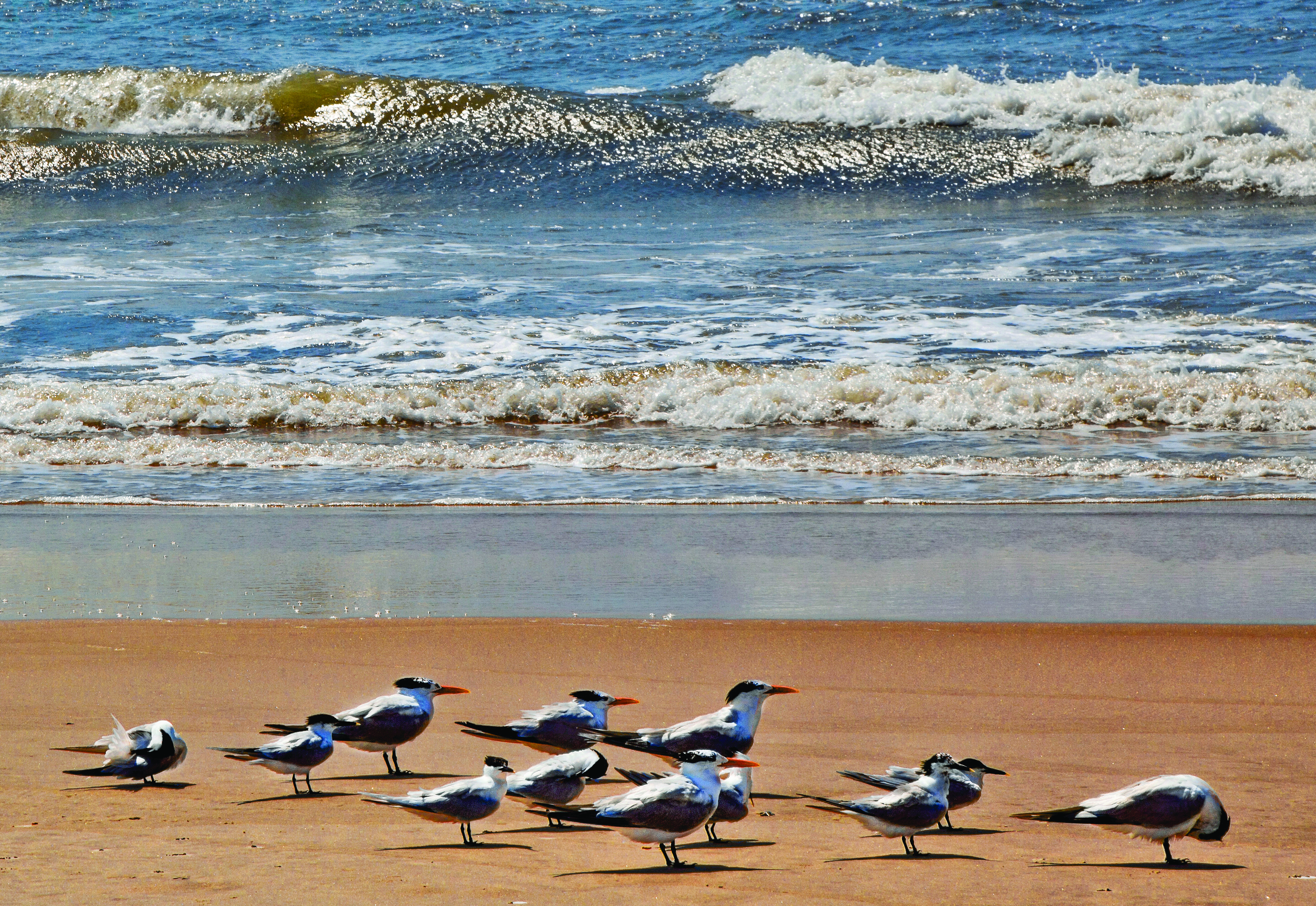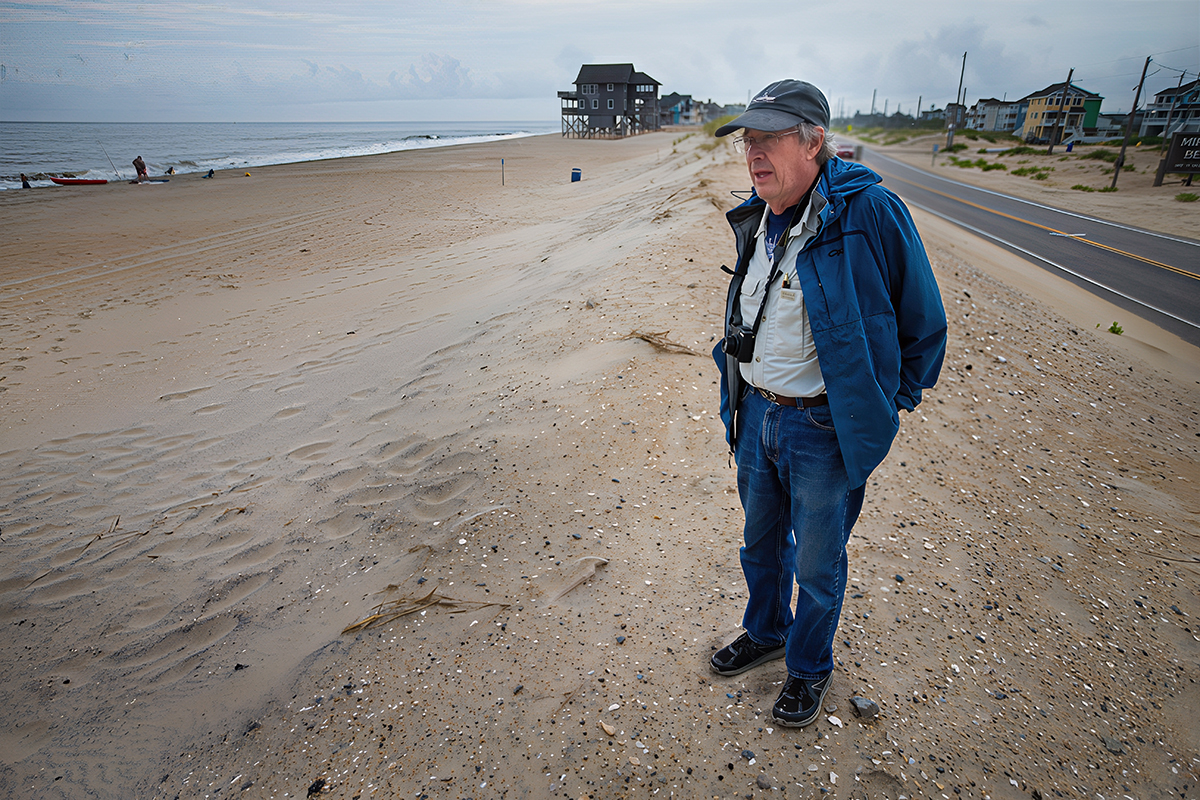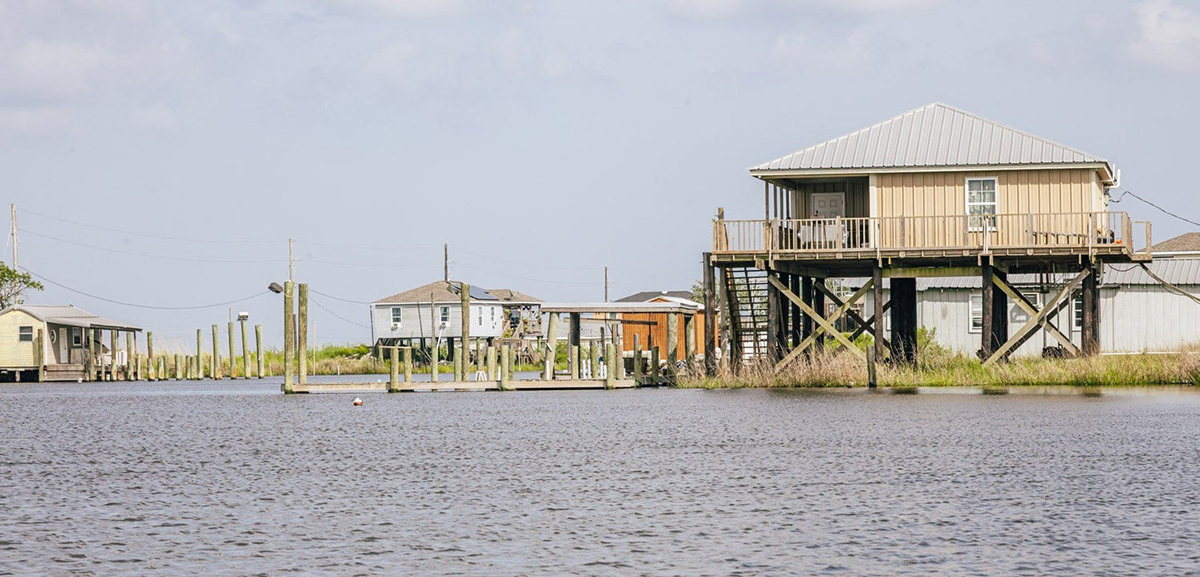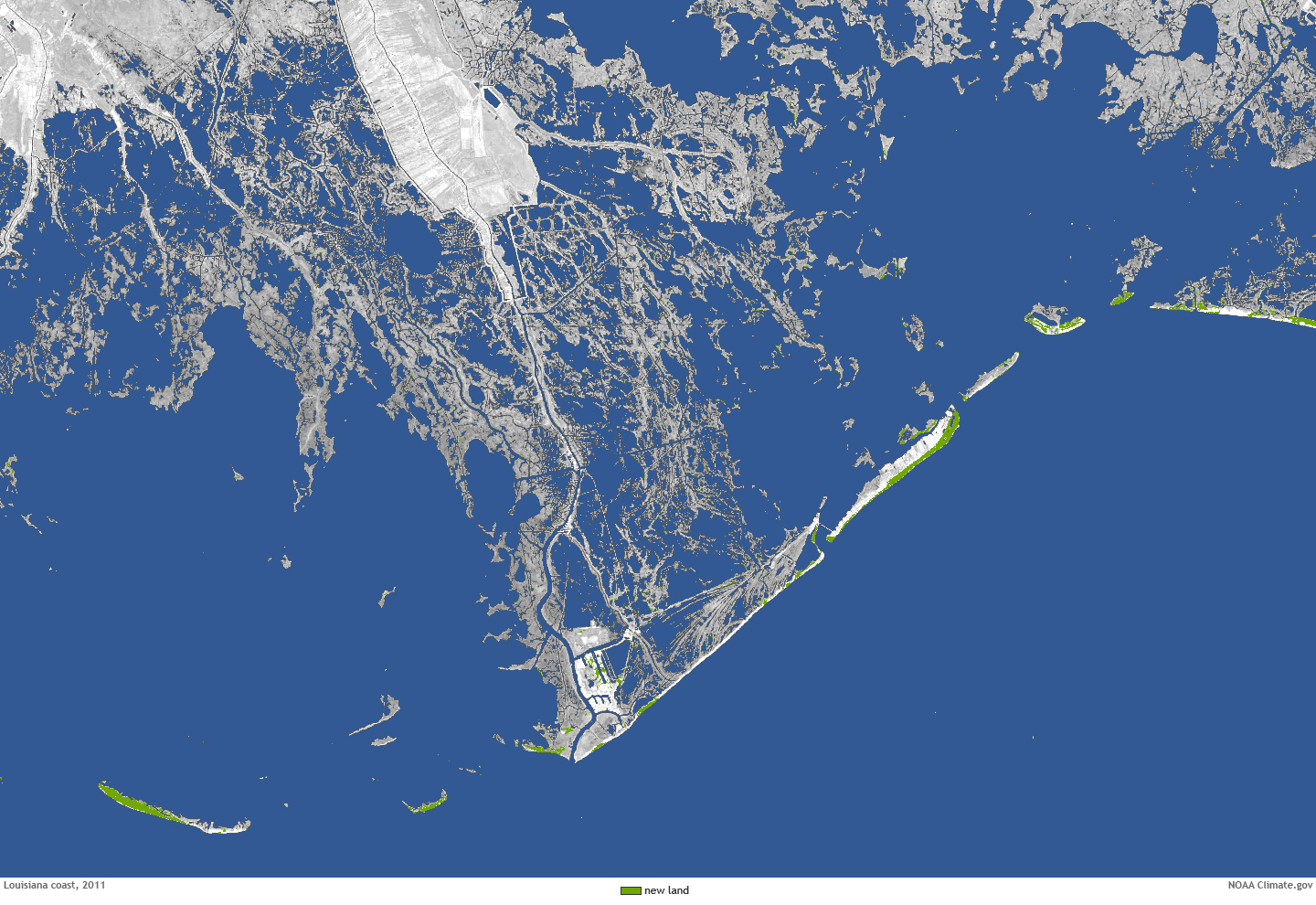MOREHEAD CITY – The chairman of the state’s commission that sets coastal development policy deftly defused what could have been the next explosive issue in the politically charged sea-level rise debate by appointing a respected geologist to the commission’s panel of science advisers while passing on nominees who have publicly questioned either the scientific validity of climate change or that seas would rise as a result.
“I really wanted the CRC to be respected,” Frank Gorham, the chairman of the N.C. Coastal Resources Commission, said yesterday after making the appointment. “The way to do that is to respect the process and to respect the current Science Panel. I don’t agree with some of the personal views of some of the panel members but I respect their credentials.”
Supporter Spotlight
 Frank Gorham Frank Gorham |
Gorham and the four other members of the CRC’s Executive Committee met yesterday in a conference call to discuss filling four vacancies on the Science Panel, which is made up of volunteer scientists and engineers who advise the CRC on a wide range of issues. Normally, such appointments are made with little fanfare, but they took on significance this time because the panel’s most pressing job will be to update its controversial 2010 report on sea-level rise in North Carolina.
That report included a forecast of a 39-inch ocean rise by the turn of the next century, which raised the ire of some coastal developers and local governments and attracted the attention of the state legislature, which first wanted to outlaw planning for sea-level rise entirely. After they become the butt of international ridicule, lawmakers instead passed a law in 2012 that forbids state and local governments from using the forecast until the CRC presents a new report to the N.C. General Assembly in 2016.
In this charged atmosphere, CRC and Science Panel members nominated 14 people to fill the four vacancies or to become so-called “ad-hoc” members who would assist the panel in devising the new report. Many on the list are noted marine geologists or coastal engineers. Some, though, have no apparent expertise in coastal geology or engineering or in climate science but are frequent contributors to web sites that question various aspects of climate change or have close ties to groups that fiercely opposed the original sea-level report.
Gorham avoided them and appointed Greg “Rudi” Rudolph, a geologist who heads Carteret County’s Shore Protection Office, to the Science Panel. The three other spots should remain vacant until the panel completes its report, Gorham told his Executive Committee yesterday. He said he saw no need to appoint the ad-hoc members.
“I believe with pretty good certainty that we have all the expertise we need on the panel to produce a good report,” Gorham told the committee.
Supporter Spotlight
The committee members agreed with their chairman’s assessment and offered no objections.
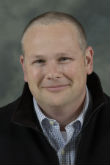 Rob Young Rob Young |
Some of the nominees clearly had agendas, Gorham said after the meeting, and he wanted to avoid the media circus that would have surely evolved had any of them been appointed. Gorham would have also likely faced a mutiny by the scientists currently on the panel. Many said they would quit if any of the nominees with credentials they considered questionable were chosen.
Gorham heard the grumblings, but he said they didn’t affect his decision. “I really didn’t do this to avoid a mutiny,” he said. “This was done to respect the CRC and the Science Panel. I want to be known as trying to be fair and to have respect for people’s opinions and the process.”
Rudolph, Gorham said, was the right choice. “He’s a hard worker and he does his homework,” he said. “He met all my criteria.”
The long-time manager of Carteret’s Shore Protection Office, Rudolph is familiar with most of the issues the Science Panel will tackle. “I know a bunch of the people on the Science Panel already, both professionally and personally. Working with them won’t be a problem,” he said. “I think my reputation as a straight shooter will be of help on the Science Panel.”
Rudolph will be a good addition to the panel, said Rob Young, a geologist and panel member who heads the Program for the Study of Developed Shorelines at Western Carolina University.
“I think the chairman has come up with a workable compromise that will keep the Science Panel together,” he said. “I was afraid that we were on the verge of losing an institution that was important to the state. He’s walked a fine line to keep us together.”



